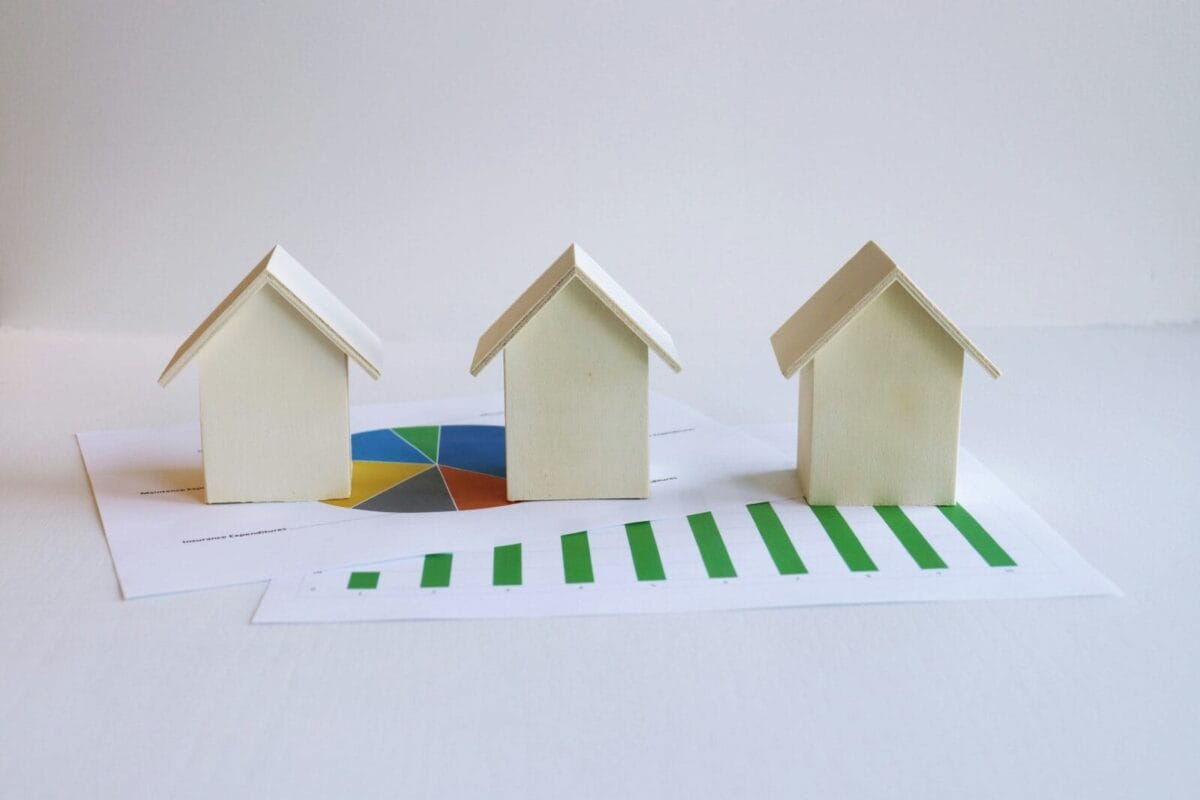Rachel Reeves is set to lower the minimum salary needed for a mortgage for both individuals and couples in her keynote speech on Tuesday evening. The minimum annual salary needed for a mortgage for an individual is dropping from £5,000 to £30,000, and the minimum salary needed for a couple is also dropping from £5,000 to £50,000.
But is this going to help first-time buyers? While it will make getting a mortgage easier, it won’t make buying a house any easier. A report from Compare My Move recently found that the upfront cost of buying a house for first-time buyers is just under £33,000
| The Cost of Buying a House | % Change | £ Change | |
| Property Surveyors | £488 | +6% | £27 |
| Conveyancing | £1,743 | +13% | £195 |
| Valuation Fee | £452 | +45% | £140 |
| 10% Deposit | £29,200 | +2% | £700 |
| Removal Company | £1,044 | -4% | -£42 |
| Postal Redirection | £40 | 11% | £4 |
| Cost of Buying a House 2025 | £32,967 | 3% | £1,024 |
Dave Sayce, MD and co-founder of Compare My Move, comments;
Upfront costs are one of the biggest barriers for first-time buyers, especially for renters who may not have much spare income. Before even thinking about getting a mortgage, it’s crucial to focus on saving for these initial costs.”
An individual with an annual salary of £30,000, who is now eligible for a mortgage, will be taking home £2,093 a month after tax, the average rent in the UK is £1,339 (ONS), leaving £754 left each month. Livingcost.org estimates that the average monthly cost of living in the UK without rent is £674. Leaving £80 a month. Dave Sayce continues;
“Even if a first-time buyer earns the £30,000 minimum set by Reeves, it won’t make much difference. For most renters, buying a home is still out of reach because of the upfront costs. While it’s a welcome step in the right direction, until there’s a system that helps with those costs, lowering the income threshold will do little to help first-time buyers.”








![[UNS] tax](https://ifamagazine.com/wp-content/uploads/wordpress-popular-posts/788955-featured-300x200.webp)
![[uns] house of commons, parliament](https://ifamagazine.com/wp-content/uploads/wordpress-popular-posts/788873-featured-300x200.webp)





